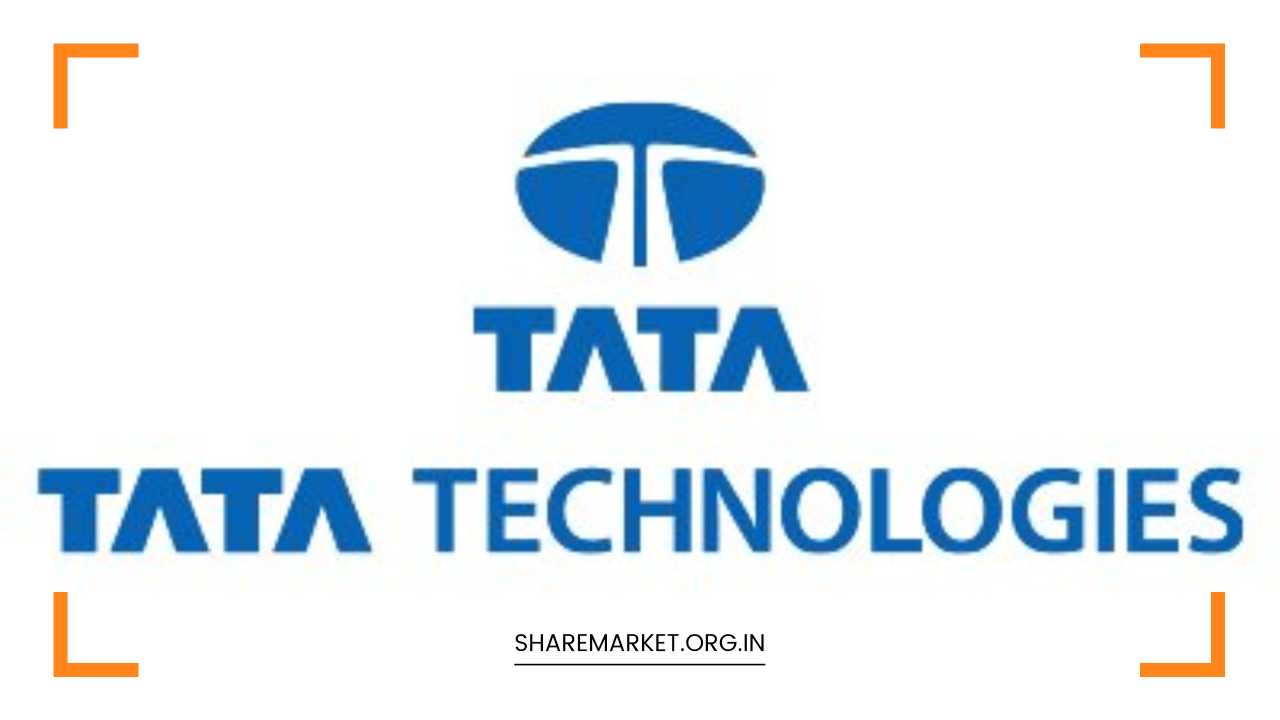Tata Tech Share Price Soars 7% on BMW Deal

Tata Tech Share Price
Tata Technologies Shares Soar: A Strategic Alliance Ushers in a New Era of Automotive Software Innovation
The automotive industry is undergoing a seismic shift. The internal combustion engine, once the undisputed king of the road, is facing a serious challenge from the rise of electric vehicles and, more importantly, autonomous driving technology.
At the forefront of this transformation is Tata Technologies, a leading global engineering services company headquartered in India.
On April 2nd, a momentous announcement sent shockwaves through the industry, causing Tata Technologies’ share price to surge by over 7%.
The catalyst for this surge? A groundbreaking joint venture with the esteemed German luxury car manufacturer, BMW Group.
This strategic alliance marks a significant milestone, not only for Tata Technologies and BMW, but for the entire automotive software development landscape.
It signifies a shared vision – to pioneer cutting-edge automotive software solutions, particularly in the rapidly evolving realm of self-driving technology.
By combining their vast expertise and resources, both companies embark on a transformative journey to co-develop software solutions and advanced dashboard systems that push the boundaries of innovation.
A Deep Dive into the Partnership: Beyond Product Development
While the initial press releases focused on the development of next-generation automotive software and intelligent dashboard systems specifically designed for autonomous vehicles, the joint venture extends far beyond just product development.
Strategically chosen locations across India, including Pune, Bengaluru, and Chennai, will house dedicated automotive software and IT development centers.
This geographically distributed approach offers several advantages. Bengaluru and Pune, India’s leading IT hubs, will serve as the primary hubs for core development and business activities.
These locations boast a rich talent pool of engineers and software developers with expertise in areas like artificial intelligence, machine learning, and automotive engineering.
Chennai, on the other hand, will specialize in delivering custom-built business IT solutions. This strategic placement leverages the city’s established IT infrastructure and talent pool to streamline internal operations and enhance overall efficiency.
The partnership also fosters knowledge sharing and cross-pollination of ideas. Tata Technologies brings to the table its extensive experience in product engineering and digital services across various sectors, including automotive, aerospace, and heavy machinery.
BMW, on the other hand, contributes its rich heritage in automotive engineering and its cutting-edge advancements in software-defined vehicles. This combined expertise creates a formidable force in the automotive software development landscape.
Leadership Visions and Ambitious Growth Trajectory
This strategic partnership aligns perfectly with Tata Technologies’ long-standing commitment to delivering world-class automotive software and digital engineering solutions on a global scale.
Warren Harris, CEO and Managing Director of Tata Technologies, expressed his enthusiasm, highlighting the venture’s potential to elevate the company’s offerings and propel it to the forefront of automotive software development.
He emphasized the company’s vision of “Engineer in India for the World,” showcasing the venture’s potential to leverage India’s skilled workforce to contribute to the global automotive landscape.
Christoph Groot, Senior Vice President of Software and E/E Architecture at BMW Group, echoed this sentiment. He emphasized the partnership’s role in accelerating BMW’s journey towards software-defined vehicles.
This collaboration allows BMW to tap into a wider talent pool and leverage Tata Technologies’ expertise in areas like artificial intelligence and machine learning, crucial for the development of self-driving cars.
The joint venture boasts an ambitious growth trajectory. It plans to kick off operations with a team of 100 highly skilled innovators, with a clear vision to exponentially expand this talent pool to over 1,000 professionals in the coming years.
This robust workforce will seamlessly integrate with BMW Group’s existing global network of software and IT hubs, fostering collaborative innovation on a global scale.
The venture also presents significant upskilling and reskilling opportunities for the Indian workforce, creating high-value jobs in the burgeoning field of automotive software development.
Market Response and Long-Term Potential
The market’s optimistic outlook towards the joint venture was evident. While the closing share price settled at Rs 1,095.15, a commendable 4.32% increase, it’s important to remember Tata Technologies’ all-time high of Rs 1,400.
This underscores the company’s strong fundamentals and its unwavering potential to deliver long-term value for its stakeholders.
Analysts predict that the successful execution of this joint venture could propel Tata Technologies’ share price even higher in the coming years.
Challenges and the Road Ahead
- Integration and Collaboration: Merging the work cultures and development processes of two large organizations can be a complex task. Effective communication, clearly defined roles, and a commitment to mutual understanding will be crucial for smooth collaboration.
- Data Security and Privacy: As the joint venture delves into the development of autonomous vehicles, data security and privacy will become paramount concerns. Robust cybersecurity measures and adherence to data privacy regulations will be essential to ensure consumer trust and avoid potential roadblocks.
- Regulatory Landscape: The legal and regulatory landscape surrounding autonomous vehicles is still evolving. The joint venture will need to stay abreast of these developments and adapt its technology accordingly to navigate the regulatory hurdles.
Future Exploration
- Beyond Cars: Applications in Other Sectors: The expertise and technology developed through this partnership could have far-reaching applications beyond the automotive industry. Logistics, transportation, and even smart cities could benefit from advancements in autonomous driving technology and software-defined vehicles.
- Focus on Sustainability: As the automotive industry shifts towards electric and autonomous vehicles, sustainability remains a key concern. The joint venture has the potential to explore ways to develop eco-friendly software solutions and promote the development of sustainable transportation systems.
- Ethical Considerations: The development of autonomous vehicles raises a host of ethical considerations. The joint venture can play a leading role in shaping the conversation around these issues and ensuring the responsible development and deployment of this technology.
In conclusion, the Tata Technologies-BMW Group alliance transcends a mere business partnership. It represents a confluence of vision, expertise, and a shared passion for innovation.
This strategic alliance is poised to redefine the automotive landscape, propelling the industry towards a future powered by intelligent software-driven mobility solutions.
As both companies embark on this transformative journey, we can expect a paradigm shift in the automotive industry, fueled by collaboration, ingenuity, and a relentless pursuit of excellence.
The ripple effects of this partnership will likely extend beyond the automotive industry, fostering advancements in artificial intelligence, machine learning, and other critical technologies that will shape the future.

















